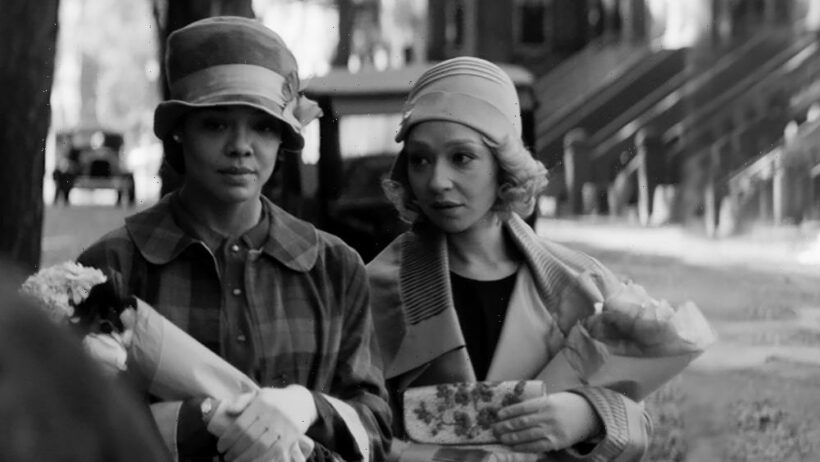In 2008 Rebecca Hall received a Gotham for best ensemble performance for her “Vicky Cristina Barcelona.” Thirteen years later she’s back with her directorial debut “Passing,” which garnered five Gotham nominations in the best feature, breakthrough director, screenplay, lead performance and supporting performance categories.
Based on the eponymous novel by Nella Larsen, “Passing,” written by Hall, takes place in the 1920s and follows the lives of two Black women, one of whom passes as a white woman, due to her light skin tone, and marries a white husband who is clueless about her race.
Did you always know that you wanted to adapt and direct Larsen’s “Passing”?
I really wrote the screenplay in an effort to just spend more time with a book because it had such an effect on me. I thought that the film that I had in my head was honestly too ambitious to be my first film. I was worried that I wouldn’t pull it off and that I needed more experience.”
Were you ever overwhelmed when directing this film?
Of course it was overwhelming at times. I mean if you stop to think about all the questions that you’re being asked and all the responsibilities that you’re asked to shoulder in order to take something to completion like a movie, then I think you’d lose your mind. So, I tried to approach every question one at a time. And I do acknowledge that I’m incredibly fortunate. I’ve had years of watching directors work and not just in my career as film actor. As a child I used to watch my father direct actors for the theater. So, I’ve been thinking about directing for a long time. It has just taken me a long time to get here.
Is directing something that you would like to continue to do or is acting the priority?
I definitely want to direct more. I love it.
What was the process of adapting Larsen’s novel into a screenplay like?
I was pretty faithful (to the book) but then there are some large omissions and shifts. The biggest challenge is that it’s a very internal novel in terms of it’s very intimately told from the perspective of one character and that character is not really aware of her own hypocrisies or confusions. Larsen very slowly reveals the unreliability of this thinking in a very subtle and enigmatic way. That is something that I think is achievable in literature and difficult to translate directly into film. So, I had to find a way to let the audience begin to feel destabilized and unsure about the character who they are closest to. It involved quite a lot of visual (techniques) likes literally making things more fuzzy and blurry.
Source: Read Full Article
